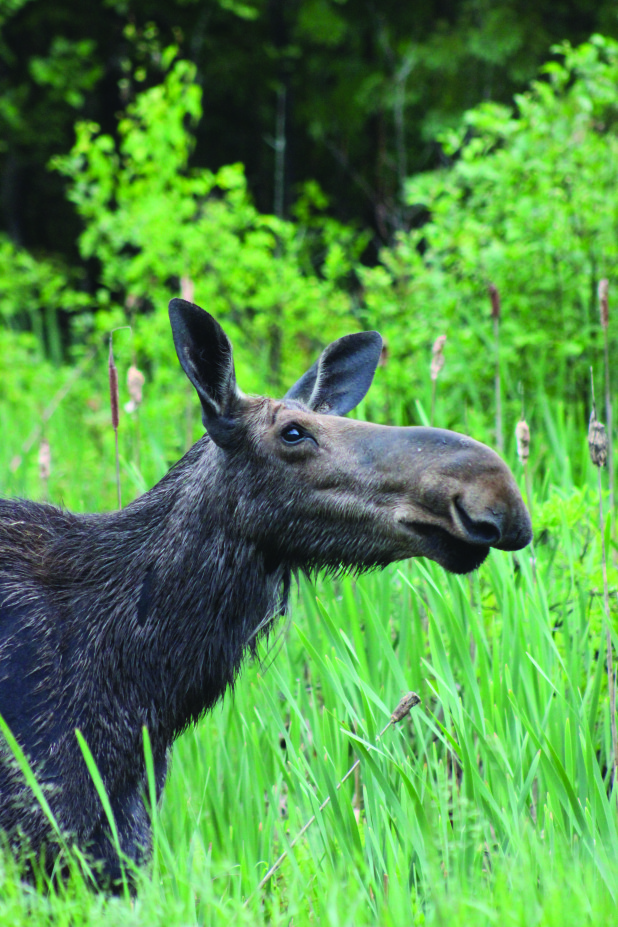Archive » Commentary
Knowledge is king
September 1, 2015

By Nate Smelle
IN POLITICS AS IN JOURNALISM there is nothing more valuable than open and honest discussion regarding the things that matter to us as individuals, as a community, as a province, as a country and as a species. Currently engaged with the longest and most expensive election in Canadian history there is definitely not a shortage of things to talk about. Just mention the names, Mike Duffy, Pamela Wallin, Dean Del Mastro, Patrick Brazeau, Stephen Harper, Nigel Wright, Ray Novak, etc. to the politically astute among us and you will soon find yourself up to your neck in the scandalous waters flooding the Prime Minister’s office.
After reading an article in The Toronto Star last Thursday morning entitled, Tory candidates told to avoid debates media during campaign, I wondered if the interview I had scheduled with Member of Parliament for the riding of Hastings-Lennox-Addington, Daryl Kramp would be allowed to happen. Waiting by the phone on Friday afternoon for his call I started making a list of stories that could fill the void if need be. Even after the phone rang and I heard Mr. Kramp’s voice on the other end I still had my doubts as to how deep we would be able to dig into the issues on the table this election. To my surprise and delight we surpassed my pessimistic expectations within the first 10 minutes. By the time we hung up an hour and 15 minutes later we had respectfully locked antlers on everything from what the media has labelled the Harper government’s “War on Science,” to Bill C-51 to Canada’s dismal economic performance in 2015.
Often differing in opinion on many of the subjects we breached, it felt to me as if we both hung up the phone enriched by the open exchange of ideas. To me that is what democracy is all about…mutual enrichment. Similarly, this sentiment of communal and personal betterment through mutual understanding is also the essence of what makes a free-functioning scientific community so valuable to society and the planet. During our conversation we discussed a report entitled Silence of the Labs which focused on the state of science in Canada that originally aired on the CBC’s program The Fifth Estate back in January of 2014. This documentary painted a grim picture of a Canadian scientific community muzzled by a government reluctant to accept any research that did not fit with its plans for the country. Kramp denied claims made in the report that more than 2,000 federal scientists had lost their jobs, declaring that we as a nation are “spending more on research and development, and science in this country than ever before.” He also went on to explain what he sees as the root cause of the conflict between the Harper government and the scientific community.
He gave the example of a scientist who was working for the Ford Motor Company that had developed a particularly useful invention for this private company, and then decided to publish their research prematurely for others in the industry to benefit from freely. I do understand how a private company funding the research may be upset that they have lost the exclusive rights to the competitive edge they were seeking. However, if we allow science for profit to trump science for the sake of the greater good, we lose the objectivity necessary for the scientific community to flourish.
It simply comes down to this: The more knowledge we possess regarding the nature of things, the more efficiently and effectively we will be able to manage the resources that sustain us.
As Mr. Kramp said himself, “Knowledge is king.”

















